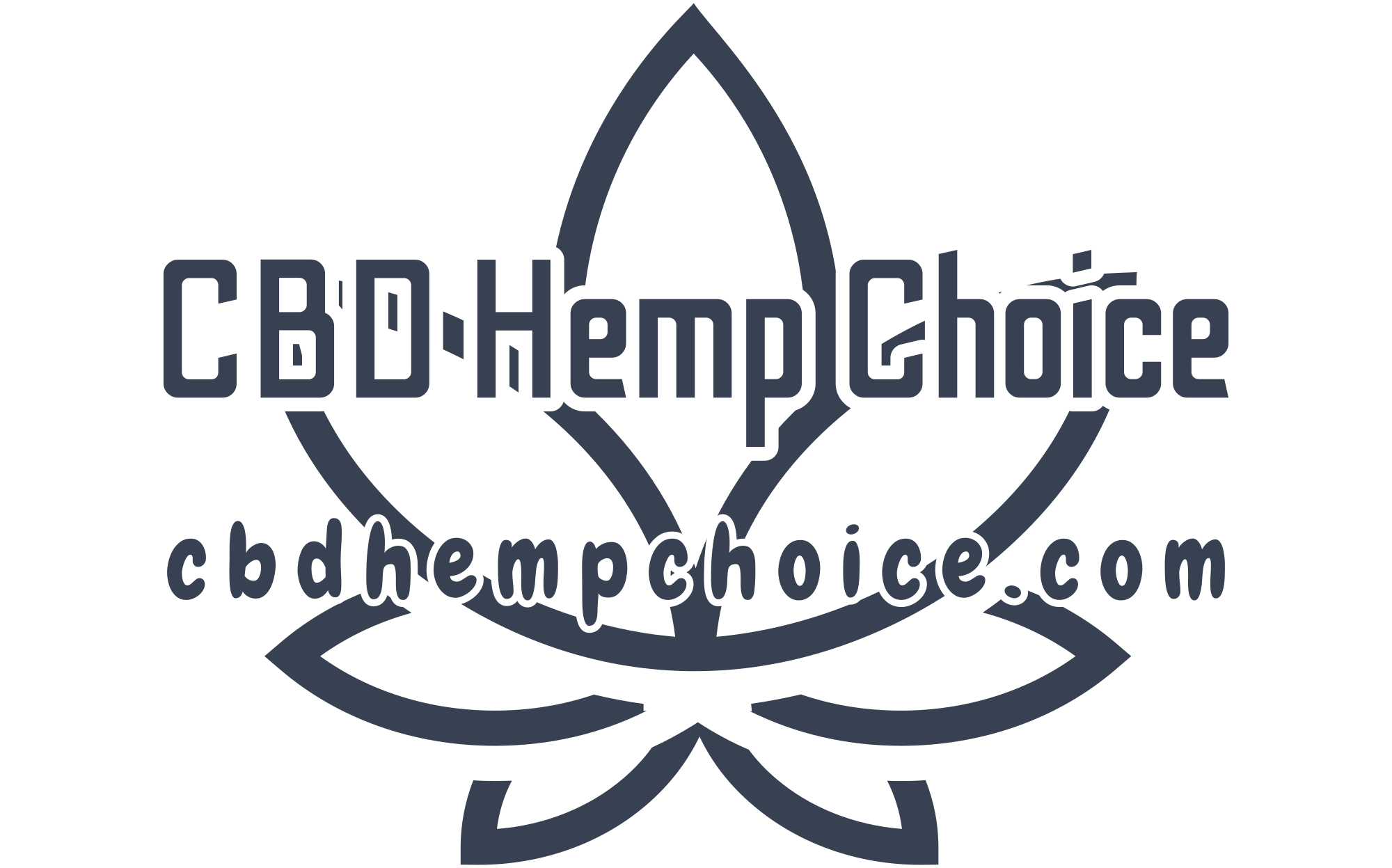As students navigate the demands of academic life, many are turning to nootropic supplements to boost cognitive function, enhance memory, and improve overall mental performance. But what exactly are nootropics, and how can they benefit students? This guide explores the science behind nootropic supplements and their potential advantages for students.
What Are Nootropic Supplements?
Nootropic supplements, often referred to as “smart drugs” or “cognitive enhancers,” are substances designed to improve cognitive function, particularly executive functions such as memory, creativity, and motivation. These supplements can be natural or synthetic and are often used by individuals looking to enhance their mental performance or support brain health.
Types of Nootropic Supplements
Nootropics come in various forms, including:
- Natural Nootropics: These are derived from herbs, plants, or other natural sources. Examples include Ginkgo Biloba, Bacopa Monnieri, and Rhodiola Rosea.
- Synthetic Nootropics: These are man-made compounds designed to influence brain chemistry. Examples include Modafinil and Racetams.
- Nutritional Nootropics: These involve vitamins and minerals that support brain health, such as Omega-3 fatty acids, B vitamins, and antioxidants.
Benefits of Nootropic Supplements for Students
For students, the primary benefits of nootropic supplements can be categorized into several key areas:
Enhanced Cognitive Function
Nootropic supplements can help improve cognitive function by increasing brain activity, enhancing neurotransmitter levels, and improving blood flow to the brain. This can result in better focus, clearer thinking, and improved problem-solving skills.
Improved Memory and Learning
Many nootropics are designed to enhance memory and learning abilities. By supporting neuroplasticity—the brain’s ability to adapt and reorganize itself—these supplements can aid in faster learning and better retention of information.
Increased Focus and Concentration
Students often struggle with maintaining focus and concentration, especially during long study sessions. Nootropic supplements can help by boosting mental energy and reducing distractions, leading to more productive study time.
Reduced Stress and Anxiety
Academic pressures can lead to high levels of stress and anxiety. Certain nootropics, such as adaptogens and calming agents, can help mitigate these effects, leading to a more balanced and focused state of mind.
Enhanced Motivation and Productivity
Nootropic supplements can also support motivation and productivity by influencing neurotransmitters like dopamine, which play a crucial role in drive and reward. This can help students stay motivated and accomplish their academic goals.
Improved Mood
A positive mood is essential for effective learning and performance. Some nootropic supplements can help regulate mood by balancing neurotransmitters and reducing symptoms of depression or mood swings.
Support for Brain Health
Long-term brain health is crucial for sustained cognitive function. Many nootropic supplements contain antioxidants and other nutrients that protect brain cells from damage and support overall brain health.
Popular Nootropic Supplements for Students
Here are some of the most popular nootropic supplements used by students:
1. Caffeine
Caffeine is a well-known stimulant that can enhance alertness, focus, and energy levels. It is commonly consumed in coffee, tea, and energy drinks. However, excessive caffeine can lead to jitteriness and disrupted sleep patterns.
2. L-Theanine
L-Theanine, often found in green tea, is known for its calming effects. When combined with caffeine, it can promote a state of relaxed focus, reducing the negative side effects of caffeine such as anxiety and restlessness.
3. Bacopa Monnieri
Bacopa Monnieri is an herb traditionally used in Ayurvedic medicine to improve memory and cognitive function. Studies suggest it can enhance learning and memory retention by supporting neuroplasticity.
4. Rhodiola Rosea
Rhodiola Rosea is an adaptogen that helps the body cope with stress. It can improve mental performance, reduce fatigue, and enhance overall cognitive function.
5. Ginkgo Biloba
Ginkgo Biloba is known for its potential to improve blood flow to the brain and support cognitive function. It is often used to enhance memory and concentration.
6. Omega-3 Fatty Acids
Omega-3 fatty acids, found in fish oil, are essential for brain health. They support cognitive function and mood regulation and may improve memory and learning abilities.
7. Modafinil
Modafinil is a prescription medication used to treat narcolepsy and other sleep disorders. It is sometimes used off-label as a cognitive enhancer to improve wakefulness and concentration.
8. Noopept
Noopept is a synthetic nootropic known for its potential cognitive-enhancing effects. It may improve memory, learning, and overall cognitive function.
9. Lion’s Mane Mushroom
Lion’s Mane Mushroom is a natural nootropic that supports nerve growth and cognitive function. It may help with memory, focus, and overall brain health.
10. B-Vitamins
B-vitamins, including B6, B12, and folic acid, play a crucial role in brain health. They support neurotransmitter function and overall cognitive performance.
How to Use Nootropic Supplements Safely
While nootropic supplements can offer benefits, it is important to use them responsibly. Here are some tips for safe use:
Start with a Low Dose
Begin with the lowest effective dose to assess your body’s response. Gradually increase the dosage if needed, while monitoring for any adverse effects.
Consult a Healthcare Professional
Before starting any new supplement, especially if you have underlying health conditions or are taking other medications, consult with a healthcare professional to ensure it is safe for you.
Avoid Overuse
Excessive use of nootropic supplements can lead to negative side effects, including insomnia, anxiety, and dependence. Stick to recommended dosages and avoid combining multiple nootropics without guidance.
Focus on a Balanced Lifestyle
Nootropic supplements should complement a healthy lifestyle that includes a balanced diet, regular exercise, adequate sleep, and stress management. Relying solely on supplements for cognitive enhancement is not a substitute for overall well-being.
FAQs
What are nootropics, and how do they work?
Nootropics are substances designed to enhance cognitive function, such as memory, focus, and motivation. They work by influencing neurotransmitter levels, improving brain blood flow, or supporting brain health.
Are nootropic supplements safe for students?
Many nootropic supplements are considered safe when used appropriately. However, it’s important to consult with a healthcare professional before starting any new supplement, especially if you have existing health conditions or are on medication.
Can nootropic supplements improve academic performance?
Nootropic supplements can potentially enhance cognitive functions like memory, focus, and concentration, which may improve academic performance. However, results can vary, and they should be used in conjunction with healthy study habits.
What are some natural nootropics that students can use?
Natural nootropics include herbs and supplements such as Bacopa Monnieri, Ginkgo Biloba, Rhodiola Rosea, and Lion’s Mane Mushroom. These are often used to support memory, focus, and overall cognitive function.
How should students choose the right nootropic supplement?
Students should consider their specific cognitive needs and goals when choosing a nootropic supplement. It is also important to start with a low dose, monitor effects, and consult with a healthcare professional for personalized advice.
Can nootropics have side effects?
While many nootropics are safe, they can have side effects, especially if taken in excess. Common side effects include insomnia, anxiety, and digestive issues. It’s important to follow dosage guidelines and consult with a healthcare professional.
Are there any interactions between nootropic supplements and medications?
Yes, nootropic supplements can interact with medications. It is crucial to consult with a healthcare professional before combining nootropics with other medications to avoid potential interactions.
How long does it take to see the effects of nootropic supplements?
The time it takes to experience the effects of nootropic supplements can vary depending on the substance and individual response. Some may notice improvements within a few days, while others may take several weeks of consistent use.
Can nootropic supplements replace healthy study habits?
No, nootropic supplements should complement, not replace, healthy study habits. A balanced diet, regular exercise, adequate sleep, and effective study techniques are essential for academic success.
Are nootropic supplements legal?
The legality of nootropic supplements varies by country and substance. Many natural nootropics are widely available, but some synthetic nootropics may be regulated or require a prescription. Always check local regulations before purchasing.
Conclusion
Nootropic supplements can offer a range of benefits for students, from enhanced cognitive function and improved memory to increased focus and reduced stress. However, they should be used responsibly and in conjunction with a healthy lifestyle and study habits. By understanding the potential benefits and risks, students can make informed decisions about incorporating nootropics into their academic routine.
- Sculptra Surrey – Collagen Stimulation Therapy Near Bisley, Surrey - May 31, 2025
- Nasolabial Fold Fillers – Marionette Lines Near Tatsfield, Surrey - May 30, 2025
- The Dark Side Of Breadcrumbing And How To Break Free - May 30, 2025


